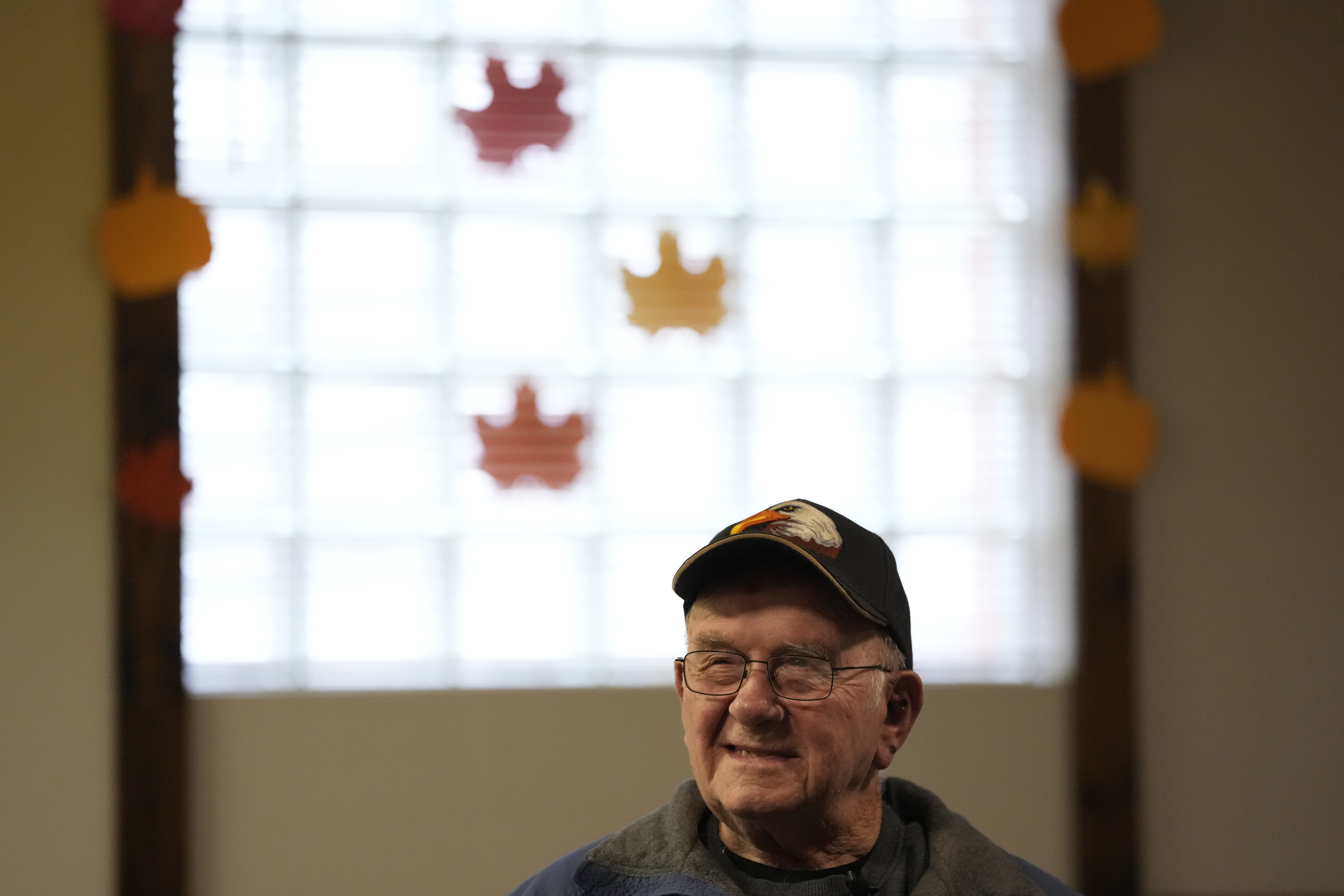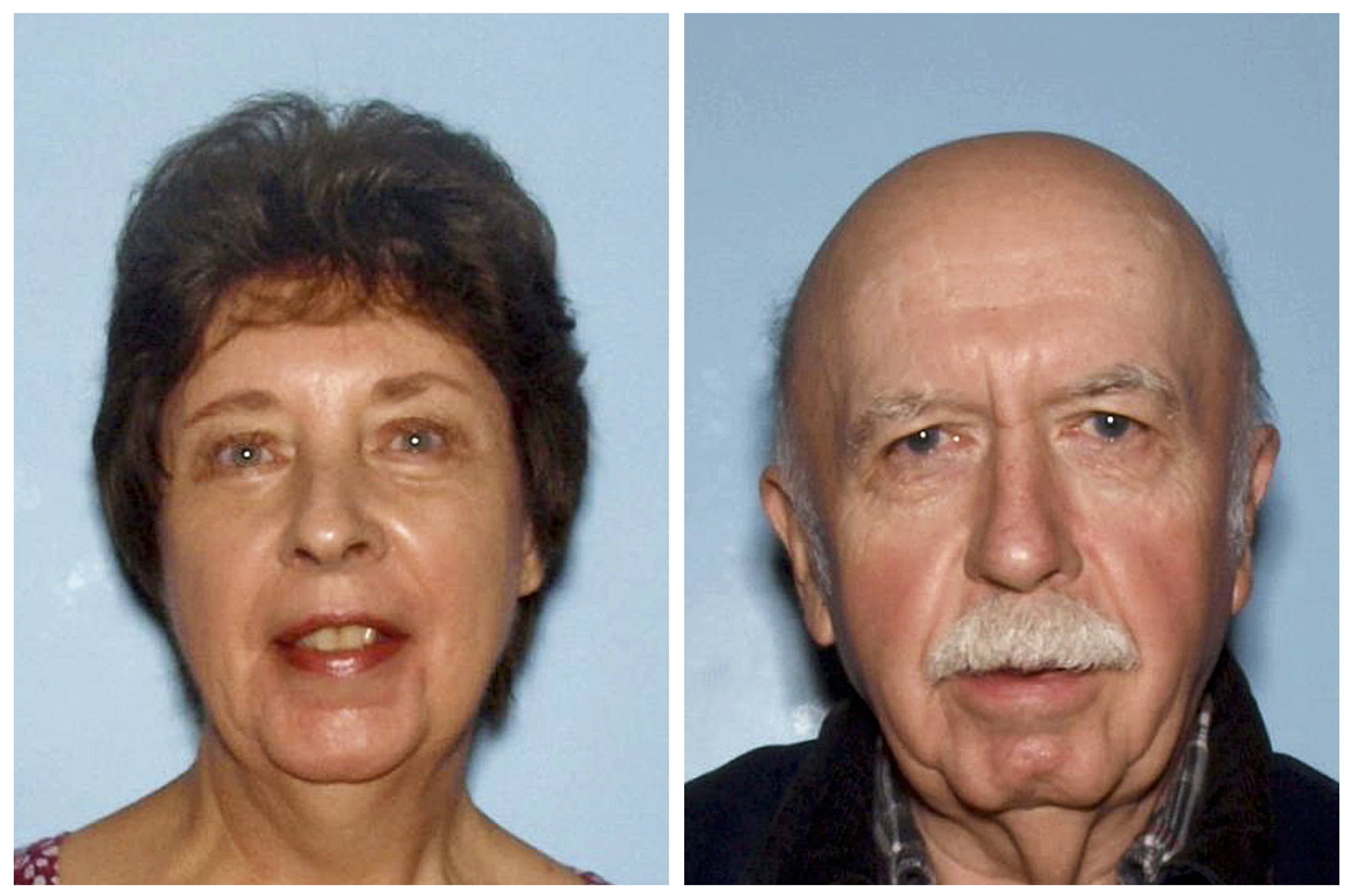Gov. Charlie Baker said Wednesday that he has "no plans at this point" to change Massachusetts' mask mandate, even as other states like Texas and Mississippi have decided to lift their restrictions altogether.
"We have no plans at this point in time to change the rules with respect to the mask mandate," he said.
In response to a spike in coronavirus cases across the state, the Republican governor implemented an updated mask order on Nov. 6, 2020, requiring everyone over the age of 5 to wear a mask in public — even when standing more than six feet away from others. The state had previously mandated face coverings only at indoor public places, stores and on public transportation and outside when social distancing couldn't be properly maintained.
Those who break the rule risk a $300 civil fine. But it falls on boards of health in each city and town to enforce the mask mandate, and an NBC10 Boston investigation found that the order is rarely enforced.
Get New England news, weather forecasts and entertainment stories to your inbox. Sign up for NECN newsletters.
"I think the mask mandate has been an important element in both encouraging behavior and also sending a message about the importance and understanding that COVID is still with us and people need to take precautions — especially with the new variants that are out there," Baker said Wednesday. "Some of the variants are even more contagious than some of the stuff we've bene dealing with for the past 10, 11, or 12 months."
He said the mask mandate will likely remain in place until more of the state has been vaccinated, although he didn't specify an exact percentage that he's shooting for.
U.S. & World
"The mask mandate has nothing to do with whether the vaccine is effective. In fact, just the opposite," he said. "Those who get vaccinated could still carry the virus. That puts people who haven't been vaccinated or people who remain part of a vulnerable population at risk."
"So I think the mask mandate — at least until we get some answers about whether people who have been vaccinated can pass this on to somebody else — at the end of the day this is still an incredibly contagious virus and people need to take it seriously."
But Baker said that could change quickly if the state receives "a ton" of Johnson & Johnson vaccine in April and Pfizer and Moderna continue to increase their numbers in April, May and June.
Texas and Mississippi recently announced that they are getting rid of their mask mandates and reopening retail at 100% capacity, prompting warnings from Centers for Disease Control and Prevention director Rochelle Walesky and other health experts who fear those states are moving too fast and that loosening restrictions could prompt a fourth wave of COVID-19.
“The governor's office is getting out of the business of telling people what they can and cannot do,” Republican Mississippi Gov. Tate Reeves said during a news conference Tuesday.
U.S. cases have plunged more than 70% over the past two months from an average of nearly 250,000 new infections a day, while average deaths per day have plummeted about 40% since mid-January.
But the two curves have leveled off abruptly in the past several days and have even risen slightly, and the numbers are still running at alarmingly high levels, with an average of about 2,000 deaths and 68,000 cases per day.
The Associated Press contributed to this report.



